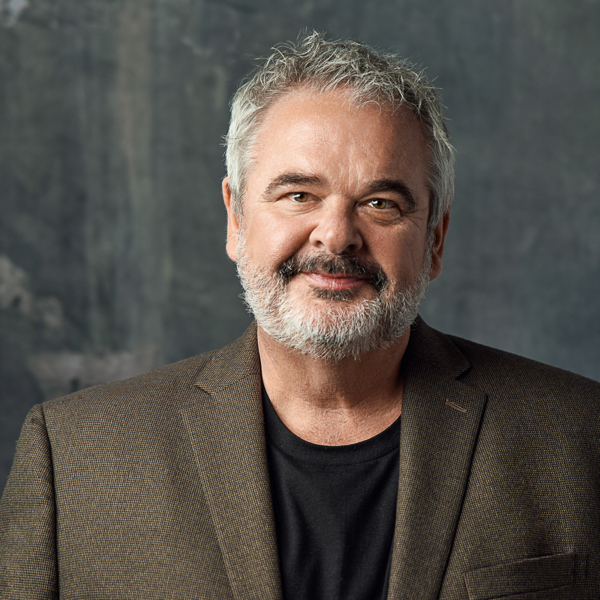Waiting…
Samuel Beckett once said – when pressed on the meaning of Waiting for Godot – ‘The work speaks for itself.’
The study of literature is new paradigm communication. It says the audience is part of the process of creating the art. Their interpretation – what matters to them in terms of meaning and purpose – is as much a part of the whole as whatever the artist wrote, painted or performed.
Much of the world, including Congress, is stuck in old paradigm communication, where if we don’t like what we hear, or how it makes us feel, we can give ‘the communicator’ some feedback so that they do it better next time.
There is always a need to be clear and focused in our communication. We need to really work out, ahead of time, our key idea, and say that with precision. But our audiences have a role to play (that’s my key idea for this blog). Sometimes audiences have to think. Sometimes they have to read things that don’t have bullet points. Sometimes they have to work out – for themselves and each other – what something means and what its implications are. Sometimes they have to struggle with difficult issues and their consequences. One of the markers of conditional communication is its emphasis on speed and ease of consumption: ‘I’m busy: just give me the headlines.’ Unconditional communication is prepared to go deeper than that, so we can engage with reality rather than an executive summary of it.
Here’s an example. Often times when we are faced with something we don’t like the sound of, we’ll pretend we don’t understand it. It’s a diversionary tactic, and one that tries to make us innocent, since we can always blame ‘the communicator’ for not being clear enough – and have them try again. When my clients ask me to explain a process twice, I’ll happily do that for them. If they ask a third time, claiming ignorance, I’ll ask them what’s really going on. Because the problem is not going to be understanding any more, but motivation or trust.
Beckett was never going to make Waiting for Godot ‘easier’ for us. He’d done his job by writing the play. The rest is up to us.
